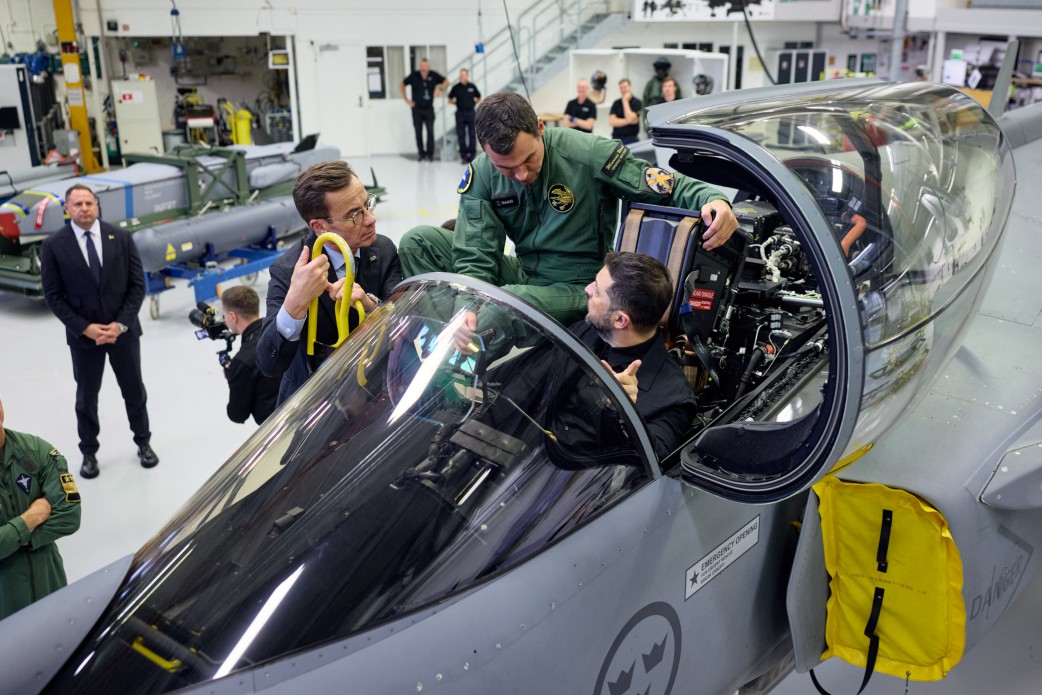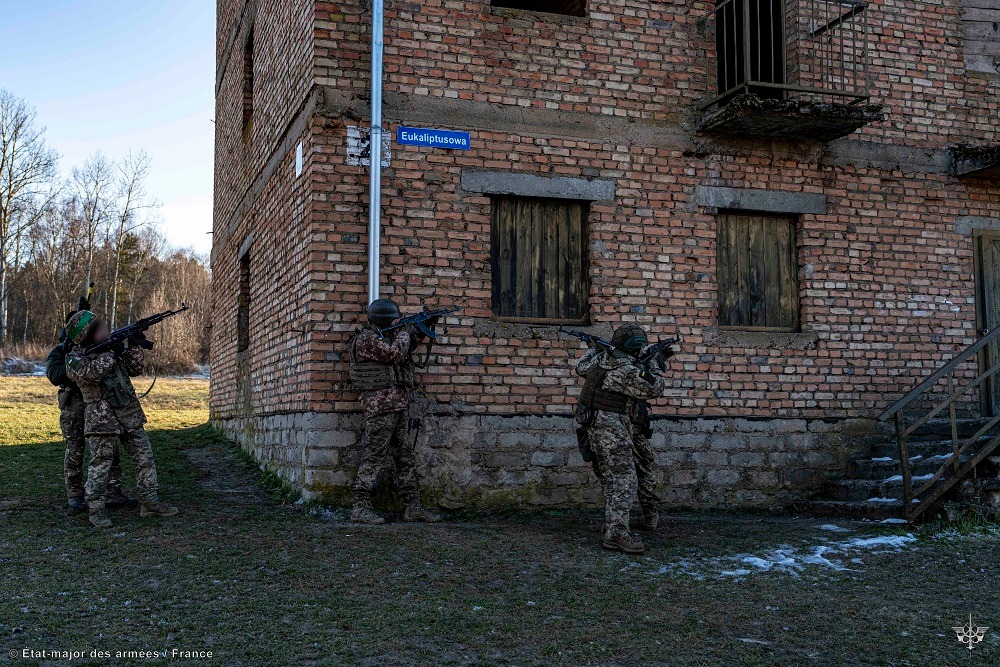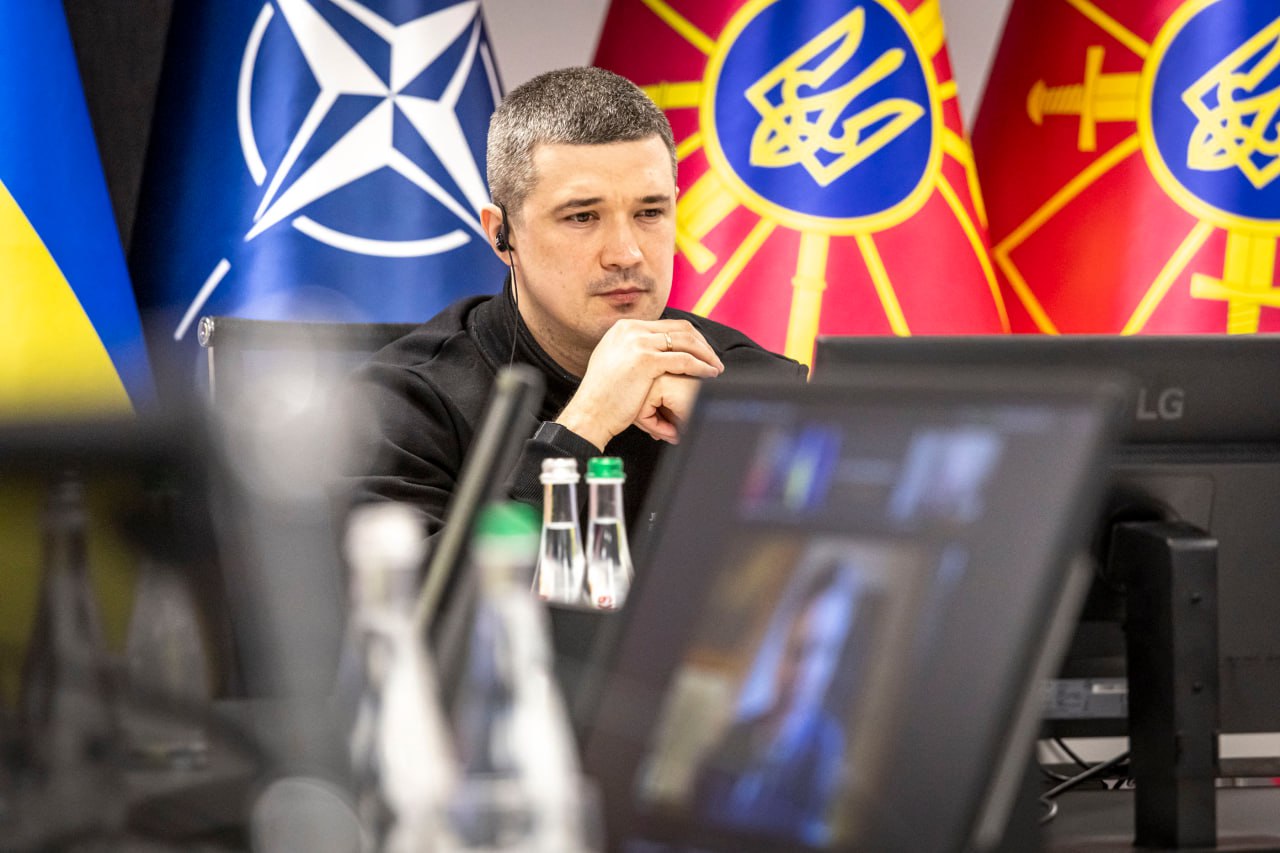Attempts have begun in Russia to discredit Ukraine’s intention to purchase Gripen fighter jets from Sweden. Some echoes of this are partially reaching us.
Here, I would focus on the facts and context.
-
Swedish Defense Minister Pål Jonson voiced the idea of using frozen Russian assets to pay for the Gripen contract.
This is what I wrote about yesterday. Ukraine does not have – and will not have – the funds to buy such a fleet of modern aircraft. Europe does have the money; the question is about specific sources and mechanisms. That is no longer really our concern – the main thing is that it works.
Within the EU, rational thinking regarding Ukraine’s role is gradually increasing. Expanding the capabilities of the Ukrainian Defense Forces is increasingly being viewed as an extremely profitable investment in Europe’s defense. So the long-term story with these planes is something the Russians believe in.
Our audience should simply avoid attaching unrealistic expectations to this storyline, which will almost certainly be exploited to feed disinformation.
-
Jonson recently made a notable statement, calling on Europeans to shift into a war-preparedness mindset, at least mentally.
The reason: the rising intensity of hostile actions from Russia, including hybrid activities.
Jonson undoubtedly knows more. But even in the public sphere, there is a lot of information available. Some examples:
- On October 17, the authorities of Bosnia and Herzegovina deported two Russians “from the North Caucasus Federal District” over suspicions of involvement in terrorism.
- On October 18, a British media outlet reported that Russian hackers gained access to several Ministry of Defense documents by breaching a contractor involved in military construction. Documents about airbases, including the locations of U.S. F-35s, could have leaked.
- On October 20, Bulgarian Interior Minister Daniel Mitov stated that Russia was involved in organizing illegal migration channels into Europe.
- On October 21, Polish media reported the arrest of eight individuals suspected of preparing sabotage on behalf of Russian intelligence. On the same day, Romania reported a similar warning: the Romanian intelligence service foiled a sabotage attempt targeting a branch of Nova Poshta in Bucharest.
- Throughout October, Lithuanian airspace was repeatedly violated by weather balloons launched from Belarus.
- On October 22, Thuringia Interior Minister Georg Maier stated that the AfD party likely engages in espionage in Russia’s interest. AfD deputies are bombarding specialized agencies with inquiries about critical infrastructure and other sensitive matters.
Given AfD’s close ties with Russia, which are openly highlighted by acts such as celebrating Putin’s birthday at the Russian embassy, German security services must respond – and they are doing so.
At the same time, stories about Hungary’s questionable role resurfaced. Politico published a piece about a Hungarian espionage network active in the European Parliament from 2012 to 2018. Active European Commissioner Oliver Varhelyi, then Hungary’s ambassador to the EU, was implicated. This intensified discussion about Budapest’s links to the Kremlin.
It appears that there are reciprocal flows: the Russians have indeed increased their activity, and Europeans are no longer turning a blind eye as before, under the principle of “don’t provoke Russia.”
Thus, any step Ukraine takes, especially one with long-term implications and the potential to significantly enhance defense capabilities, will almost certainly be attacked. This should be taken into account.





















